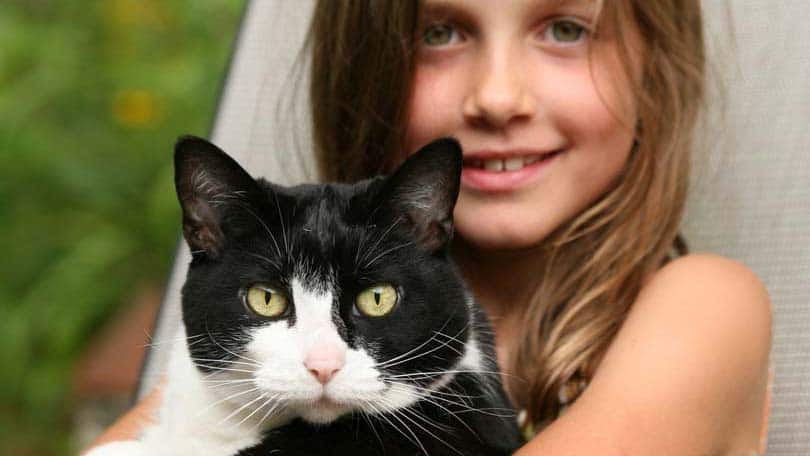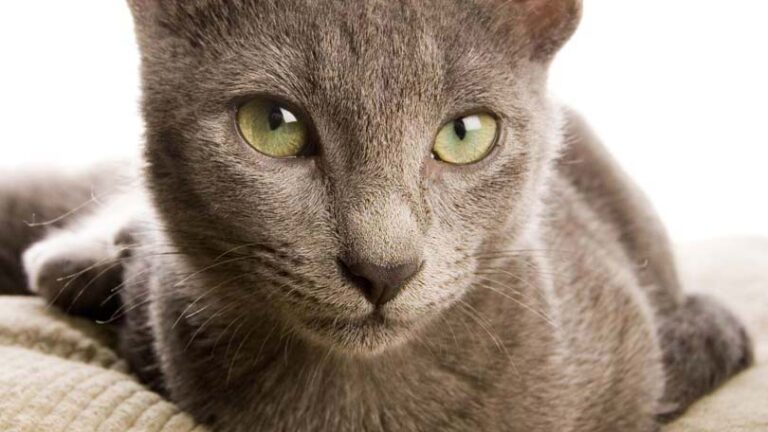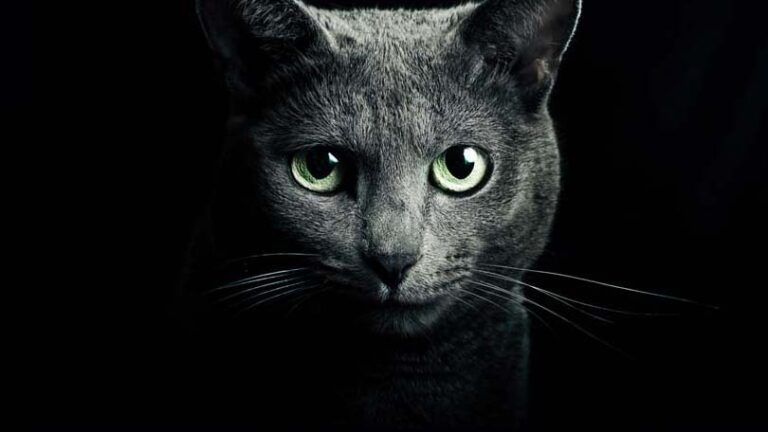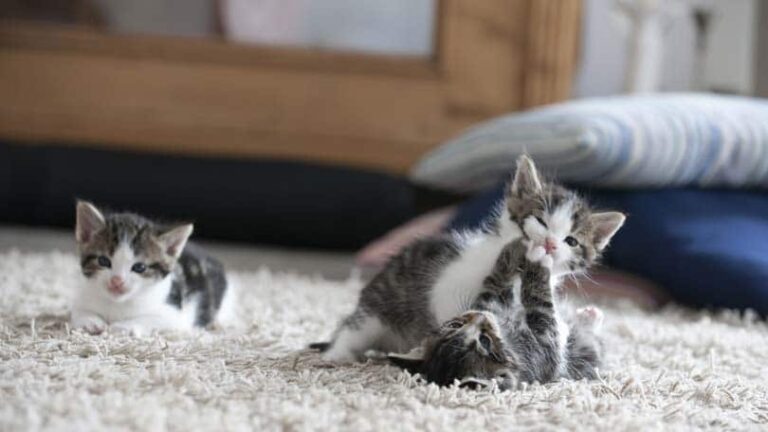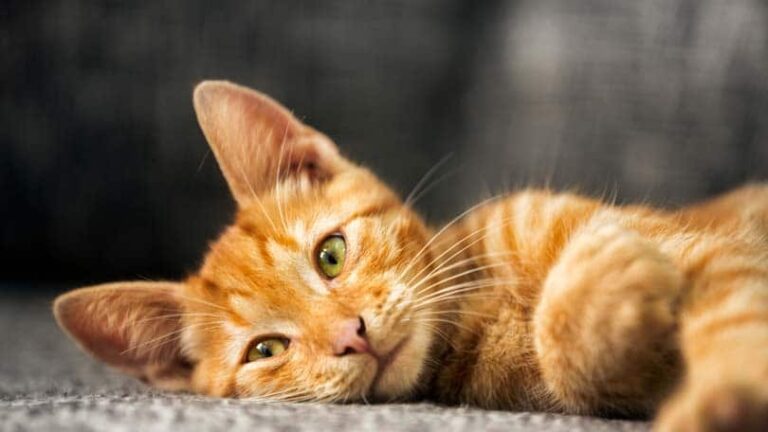Why do Cats Purr?
Many cat owners have probably asked the question “why do cats purr“. A few years ago a company released two similar products. One claimed to be able to interpret the meaning of a dog’s bark. The other claimed to interpret the real meaning behind a cat’s purring and meowing.
Well, many take those claims with a grain of salt, and most pet owners did not rush out and purchase the device that supposedly would help them better understand what their dog or cat was trying to say. Still, it would be if there was a way to know.
Sometimes when a cat meows, it has a bit more urgent sound to it. Some owners swear that they can tell exactly what each meow means. But what about purring? When your cat purrs, is she trying to tell you something?
It doesn’t seem that purring is a learned behavior because, within a day or two of birth, kittens start purring. Some think that purring is a way for cats to talk to each other and it may be part of the way that kittens bond with their mother. The sound made by a kitten purring is different than that of an adult cat, but there is no scientific way to know if the meaning is different.
It does seem fairly evident that when a cat purrs, she is happy. They often purr when being petted or when spending time in their owners lap. Eating is another time when many cats can be heard purring. But purring is not reserved only for the times of happiness in a cat’s life.
Many cats also purr when they are about to pass from this life to the next. Some experts say this purring could be in response to pain or anxiety while others hypothesize that cats on the brink of death experience a sense of euphoria and that is the reason for the purring.
Some cats also purr when they are ill. Some experts think that this purring is for the same reason as the purring that occurs in cats that are about to die. They think that purring is a way that the cat is trying to calm himself during a stressful or painful time. This theory would be further proven by the fact that cats that are fearful often purr as well.
Cats, both domestic and feral, can be heard purring when approaching a strange cat for the first time. This could be a show of submission, a way to communicate the desire to be friends. It could also be a show of aggression, a warning of sorts to the other cat. Until cats learn to speak the same language as humans, there is no way to know for sure.
When a cat is giving birth, she often purrs loudly. Is this a show of joy at giving birth or is the purring a result of the pain associated with the birth? It is likely that experts will continue to disagree about this for years to come.
So what about purring that occurs while the cat is napping? That is more than likely a result of contentment. The same goes for a mother cat snuggling with her kittens, when two cats are playing together and while a cat is being petted by their owner.
Even though purring is not always associated with the happiest moments in a cat’s life, it is clear that purring provides joy to humans. Many cats have been trained as therapy animals. Their job is simple: Visit the sick and lonely in hospitals and nursing homes, curl up in their lap and purr. Studies have shown that such interactions can lower blood pressure and help with depression in many patients.
This is so well documented that someone has invented a sound machine that mimics the sound of a cat purring. The machine is to be used in “sound therapy” to help patients who are depressed or under a lot of stress. There is much research still needed to determine the effectiveness of such sound therapy.
While it is not possible to answer the question “why do cat’s purr”, there is some insight available as to how they purr. Because there is no physical explanation – in other words there is no special anatomy that is responsible for the purring – scientist must rely on theories and a measure of speculation when trying to figure out how cats purr.
One of the most popular explanations is that when the cat feels happy, stressed or afraid, muscles in the voice box start to vibrate. Then, as the cat breathes, air passes through the vibrating voice box and creates the purring sound. In some cats, this sound will occur both when the cat inhales and when it exhales. When this happens, the purring seems to be almost continuous.
Another theory that has gained popularity in recent years is that purring is related to the release of endorphins. This theory is well accepted by many experts because it not only explains purring during happy moments, but it would also explain why a cat purrs when in pain, stressed or frightened.
Some think that the reason a cat purrs when it is stressed or in pain is as a way to try and calm itself, much the way a person may sing or hum to try and cheer themselves up. Interestingly, cats are not the only animals that purr. Others include guinea pigs, rabbits and squirrels and even some much larger animals such as gorillas and elephants.
Large wild cats, such as lions and tigers do purr, but not nearly as often as domestic cats. Also, the mechanics of their purring is different as the larger animals make the sound only when exhaling while a domestic cat purrs both when inhaling and exhaling.
Some cat owners become concerned when they think their cat or kitten is not purring. It might be that the cat is purring, but very quietly. The next time you are holding your cat, feel her throat to see if it is vibrating. If it is, she is purring, even if it cannot be heard.
There is nothing wrong with a cat whose purr is very quiet. All cats are different. Some purr loud enough for the whole house to hear and others are very quiet. Some owners say that they cannot even feel a vibration. There is no reason to think there is serious problem if your cat doesn’t purr, but it never hurts to bring it up to your vet just in case he wants to be sure the cat is not sick or depressed.
While there may not be any solid answers about how or why a cat purrs, one thing that is sure is that purring is one of the traits that make cats so lovable. Just the fact that humans THINK they are eliciting the purring by rubbing the cat’s belly or scratching beneath her chin is good enough for them! Just as the purring helps a mother cat bond with her kittens, it also helps some pet owners feel bonded to their cat.
Research in the years to come may reveal more answers about the hows and whys of purring, but for now pet owners will have to just be satisfied that cats DO purr. And for many of them, that’s all they need to know.

Having discovered a fondness for insects while pursuing her degree in Biology, Randi Jones was quite bugged to know that people usually dismissed these little creatures as “creepy-crawlies”.

